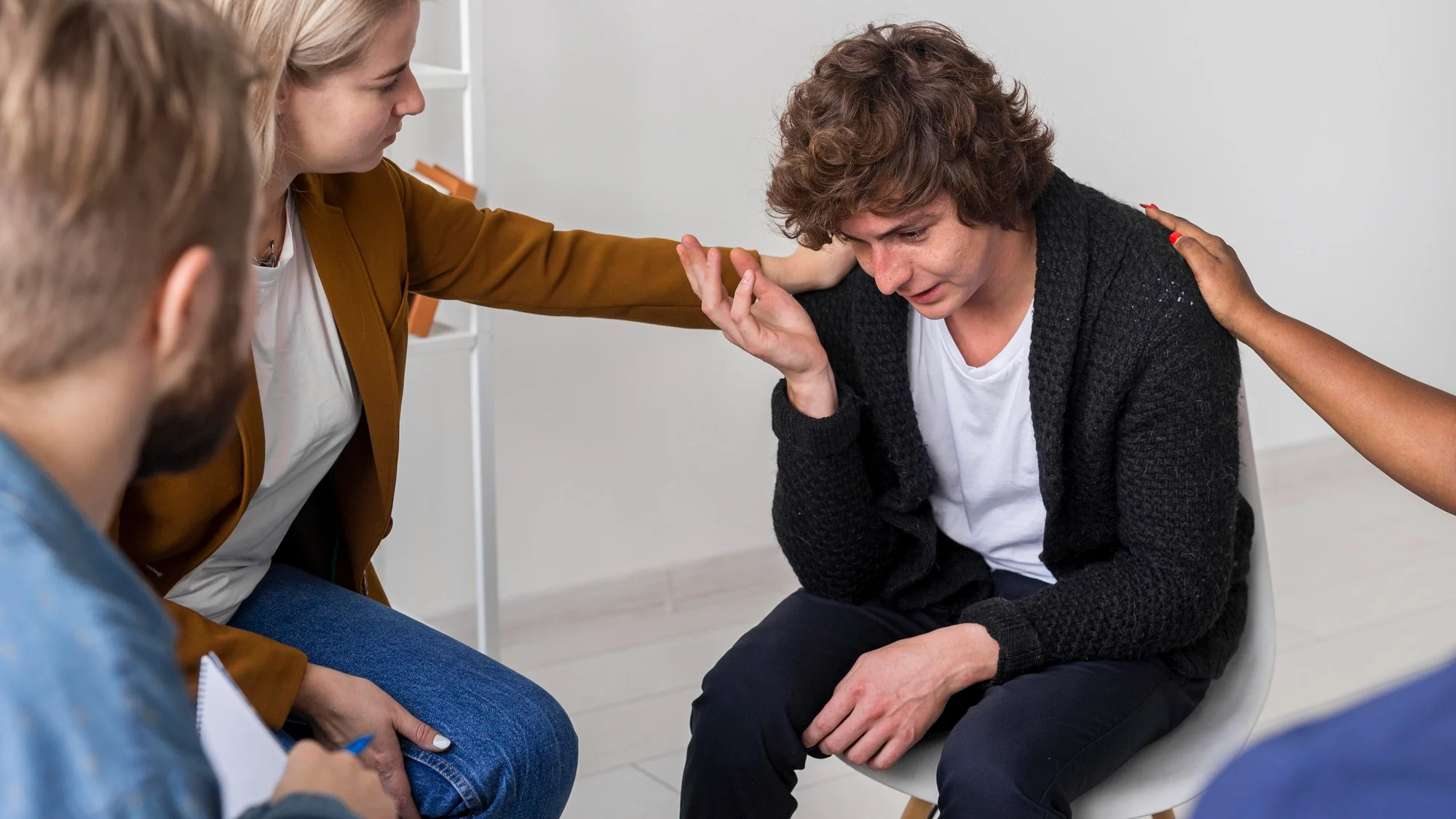Keywords
1. Communication Disorders
2. Sex Education Access
3. Speech-Language Pathologist Role
4. Clinical Psychologist Involvement
5. Sex Education for Disabled
Introduction
Children with communication disorders face a variety of challenges that can affect many aspects of their daily lives, including their education. A crucial area that is often neglected when it comes to these children is sex education. A recent study published in the American Journal of Speech-Language Pathology delves into the roles and responsibilities of speech-language pathologists (SLPs) and clinical psychologists in helping these children to access sex education curricula. This article reviews the findings of this ground-breaking research led by Laura L. Wolford and Kate L. Jansen, which is identified by its DOI: 10.1044/2023_AJSLP-23-00326.
The Problem at Hand
The study published on December 20, 2023, in the American Journal of Speech-Language Pathology highlights that children with communication disorders are often systematically sidelined from sex education curricula due to the linguistic and pragmatic complexity of the materials. Even programs designed for children with intellectual disabilities typically fail to accommodate those with communication impairments. This oversight puts these children at a higher risk for sexually transmitted infections (STIs), exposure to sexual health misinformation, and, tragically, sexual assault.
The Study’s Approach and Findings
Wolford and Jansen’s research sought to illuminate whether North American SLPs and clinical psychologists actively assist children with communication disorders in accessing sex education. They found that although these professionals recognize the impact of communication disorders on understanding sex education and consent, their involvement in helping their clientele in this area is not consistent. The research further revealed a divisive perspective among clinicians about their roles and responsibilities, with speech-language pathologists particularly polarized in their opinions on whether addressing sex education falls within their scope of work.
The Role of Speech-Language Pathologists
Speech-language pathologists are specialists trained to assist individuals in overcoming communication challenges. However, the study suggests that SLPs are split on whether they should help provide or facilitate access to sex education for children with communication disorders, with responses ranging from full agreement to complete opposition.
The Role of Clinical Psychologists
Clinical psychologists who work with this demographic also show varied perspectives and practices. Some believe it is within their purview to address sex education as part of their clients’ overall well-being, while others do not see it as part of their professional responsibilities.
The Need for Clarity and Education Among Clinicians
The findings of the study conducted by Wolford and Jansen underscore the need for clear guidelines and education for clinicians regarding their involvement in sex education for children with communication disorders. They suggest that without this clarity, children will continue to miss out on important education that is crucial for their sexual health and safety.
Implications and Future Recommendations
The research conducted represents a call to action for both the fields of speech-language pathology and clinical psychology. It suggests a dire need for systemic change, including increased training and resources, to ensure that clinicians are equipped to address sex education for this vulnerable population adequately.
Conclusion
The groundbreaking research by Laura L. Wolford and Kate L. Jansen published in the American Journal of Speech-Language Pathology reveals a significant gap in care and education for children with communication disorders. It is a clarion call for a more collaborative approach and a unified front among health care professionals, educators, and policymakers to ensure that these children are not left behind in an area as crucial as sex education.
References
1. Wolford, L. L., & Jansen, K. L. (2023). Who Helps Children With Communication Disorders Access Sex Education? Practice Patterns of Speech-Language Pathologists and Psychologists. American Journal of Speech-Language Pathology, 1-18. DOI: 10.1044/2023_AJSLP-23-00326.
2. Brady, N. C., Bruce, S., Goldman, A., Erickson, K., Mineo, B., Ogletree, B. T., … & Sevcik, R. (2016). Communication services and supports for individuals with severe disabilities: Guidance for assessment and intervention. American Journal on Intellectual and Developmental Disabilities, 121(2), 121-138.
3. Snell, M. E., & Brown, F. (2006). Instruction of Students with Severe Disabilities (6th ed.). Prentice Hall.
4. Travers, J., & Tincani, M. (2010). Sexuality education for individuals with autism spectrum disorders: Critical issues and decision-making guidelines. Education and Training in Autism and Developmental Disabilities, 45(2), 284-293.
5. Murphy, N. A., & Elias, E. R. (2006). Sexuality of children and adolescents with developmental disabilities. Pediatrics, 118(1), 398-403.
